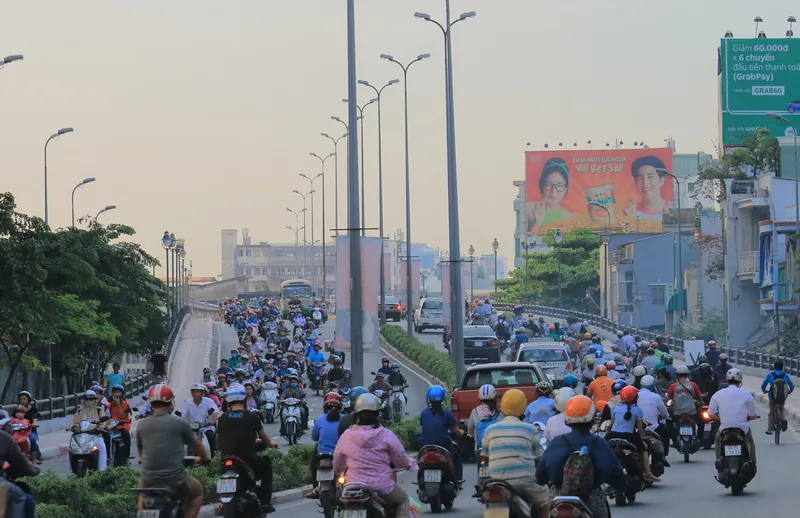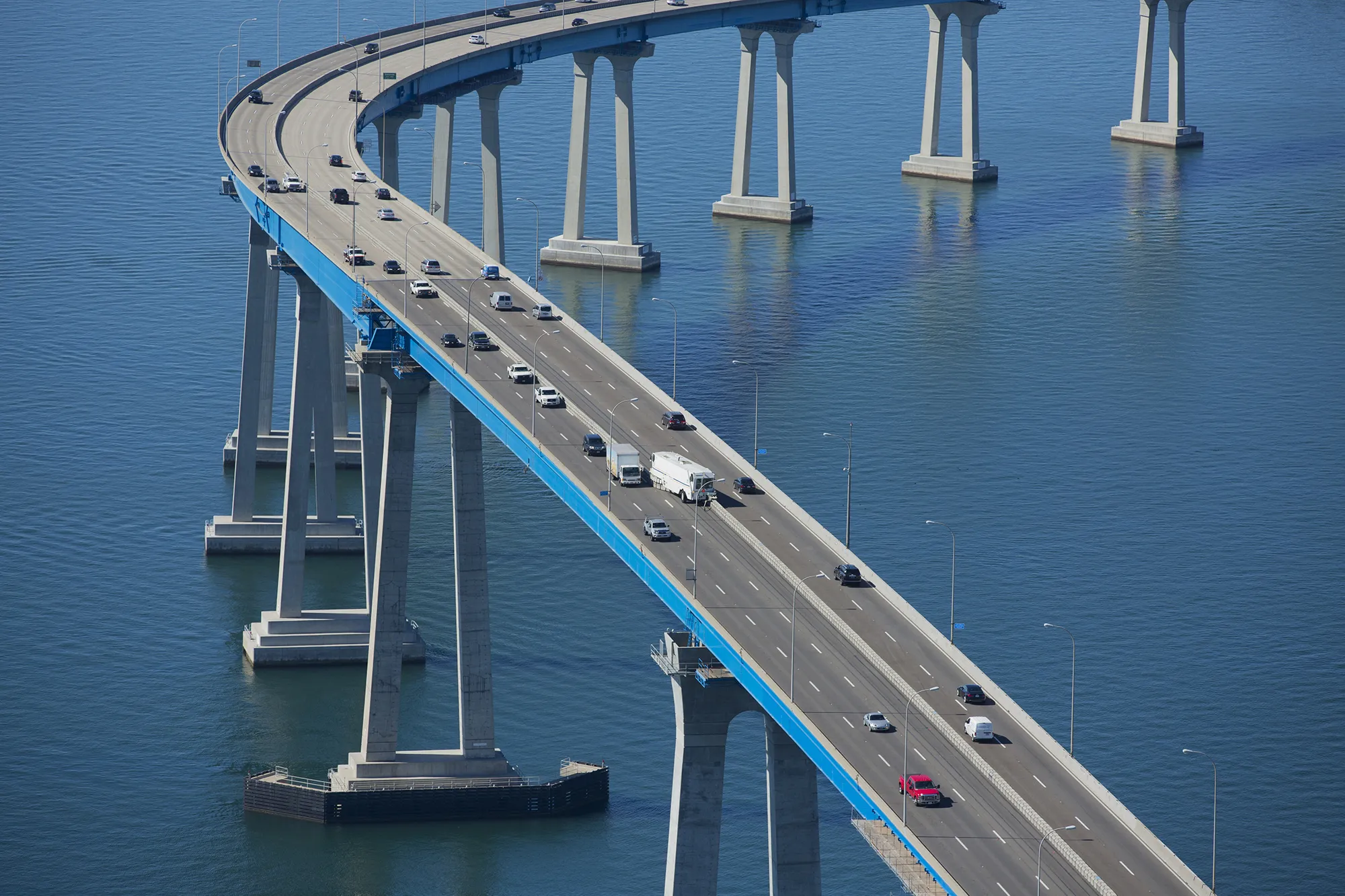A new highway in China’s Guangdong Province is being planned, with construction due to commence in 2019. The 54km link will improve transport for Jiangmen City and is expected to open to traffic in 2022. Called the Yinzhouhu Highway, the project is expected to cost US$1.4 billion to construct. The high expense of the project for its length is due to the undulating terrain, with the need for four tunnel stretches as well as 25 bridges.
January 15, 2018
Read time: 1 min
A new highway in China’s Guangdong Province is being planned, with construction due to commence in 2019. The 54km link will improve transport for Jiangmen City and is expected to open to traffic in 2022. Called the Yinzhouhu Highway, the project is expected to cost US$1.4 billion to construct. The high expense of the project for its length is due to the undulating terrain, with the need for four tunnel stretches as well as 25 bridges.








